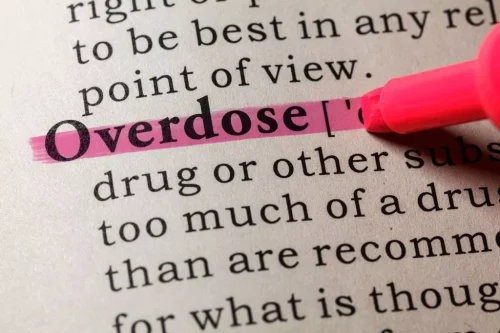
It’s not known whether a father’s drinking affects their sperm or contributes to fetal alcohol syndrome at conception. To diagnose fetal alcohol syndrome, doctors look for unusual facial features, lower-than-average height and weight, small head size, problems with attention and hyperactivity, and poor coordination. They also try to find out whether the mother drank while they were pregnant and if so, how much.
- Talk with your healthcare providers about any alcohol use in pregnancy so that if symptoms occur your baby can get the care that is best for them.
- Talk with your healthcare provider about any prenatal screenings or testing that are available to you.
- Over time, a number of secondary effects can happen in people with FAS, particularly in those who aren’t treated for the condition in childhood.
- Related to this, an additional concern is that false denial of drinking will result in some women who consume alcohol during pregnancy being classified as nondrinkers.
- These data suggest that suppression of these ethanol-sensitive miRNAs may promote premature neuronal differentiation and deplete NSC/NPC population.
Fetal Alcohol Syndrome Causes
The type of FASD symptoms a baby has and how severe they are is different depending on how often, and how much, the mother drank during pregnancy. The greater the amount of alcohol consumed, the more severe the symptoms tend to be. Diagnosing FASDs can be hard because there is no medical test, like a blood test, for these conditions. And other disorders, such as ADHD (attention-deficit/hyperactivity disorder) Sober living home and Williams syndrome, have some symptoms like FAS.

Alcohol and Pregnancy in the United States
These are a group of conditions present at birth that can happen when a pregnant person drinks alcohol. It was previously believed that transgenerational epigenetic inheritance would be unlikely because, as mentioned previously, epigenetic reprogramming occurs in the germline. However, increasing evidence indicates that transgenerational epigenetic inheritance does indeed happen (Anway https://ecosoberhouse.com/article/choosing-sobriety-gifts-10-great-ideas-to-consider/ et al. 2005; Crepin et al. 2012; Stouder and Paoloni-Giacobino 2010). Most of the work conducted thus far in this area has focused on the effects of agents that can interfere with the body’s normal hormone systems (e.g., vinclozolin, which affects sex hormone levels and has been shown to have transgenerational effects). The potential transgenerational effects of alcohol and their role in the etiology and perpetuation of FAS/FASD symptoms in affected individuals and their progeny, however, still need to be determined. However, the proportion of affected offspring may be considerably higher in unfavorable circumstances, including instances of malnutrition of the mother and thus, the fetus.
2. miRNAs and Translational Regulation

Altered CBP function resulted in decreased lysine acetylation on histones H3 and H4 within the cerebellum, which may contribute to the motor-activity deficits observed in FAS/FASD patients. Female reproductive health is especially influenced by the prenatal period because women develop their lifetime supply of gametes before birth. These gametes remain as non-growing primordial follicles until the start of puberty and fetal alcohol syndrome menstruation 114.
- To prevent FASDs, a woman should avoid alcohol if she is pregnant or might be pregnant.
- Consistent with the resultant developing sleep deprivation, prenatal alcohol exposure also was significantly related to maternal reports of decreased infant alertness and increased irritability.
- Women who need help to stop drinking alcohol can talk to their health care provider about treatment options.
- In general, the diagnostic team includes a pediatrician and/or physician who may have expertise in fetal alcohol spectrum disorders, nurse practitioner, social worker, occupational therapist, speech-language pathologist, and psychologist.
- Prognosis is guarded; however, recent research with chick embryos may help guide future treatments to reverse the damage caused to the brain by prenatal alcohol exposure.
Many of its symptoms can seem like attention deficit hyperactivity disorder (ADHD). Some of the most severe problems happen when a pregnant person drinks in the first trimester, when the baby’s brain starts to develop. The brain is still developing then, and even moderate amounts of alcohol can disturb this process.
